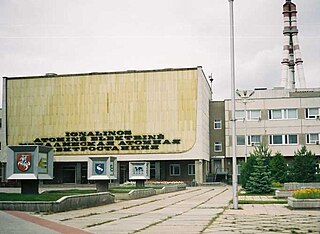
Politics of Lithuania takes place in a framework of a unitary semi-presidential representative democratic republic, whereby the President of Lithuania is the head of state and the Prime Minister of Lithuania is the head of government, and of a multi-party system.
Switzerland is a semi-direct democratic federal republic. The federal legislative power is vested in the two chambers of the Federal Assembly, the National Council and the Council of States. The Federal Council holds the executive power and is composed of seven power-sharing Federal Councillors elected by the Federal Assembly. The judicial branch is headed by the Federal Supreme Court of Switzerland, whose judges are elected by the Federal Assembly.

Rolandas Paksas is a Lithuanian politician who was President of Lithuania from 2003 to 2004. He was previously Prime Minister of Lithuania in 1999 and again from 2000 to 2001, and he also served as Mayor of Vilnius from 1997 to 1999 and again from 2000 to 2001. He has led Order and Justice from 2004 to 2016 and has been a Member of the European Parliament since 2009.
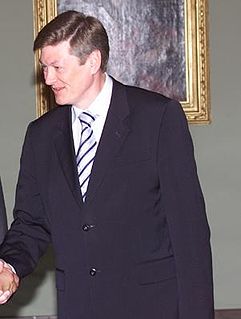
Artūras Paulauskas[ɐrˈtuːrɐs pɐʊˈɫɐ̂ˑʊskɐs](listen) is a Lithuanian politician. He was the Speaker of Seimas, the parliament of Lithuania, from 2000 to 2006, and he served as Acting President of Lithuania from 6 April 2004 to 12 July 2004.

Elections in Lithuania gives information on elections and election results in Lithuania.
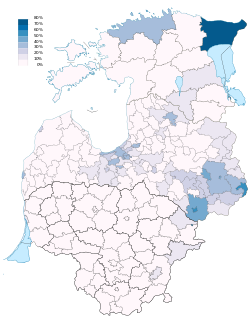
Russians in the Baltic states describes self-identifying ethnic Russians and other primary Russian-speaking communities in Estonia, Latvia, and Lithuania, commonly referred to collectively as the Baltic states. In 2017, there were 0.9 million ethnic Russians in the Baltic States, having declined from 1.7 million in 1989, the year of the last census during the Soviet era.

The Lungmen Nuclear Power Plant, located nearby Fulong Beach, Gongliao District, New Taipei City, is Taiwan's fourth nuclear power plant, consisting of two ABWRs each of 1,300 MWe net. It is owned by Taiwan Power Company (Taipower). It was intended to be the first of these advanced Generation III reactors built outside Japan. In 2014 construction of the plant was deferred.
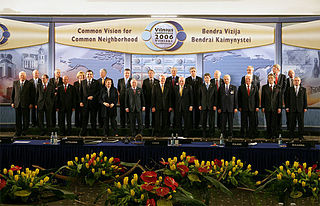
Vilnius Conference 2006: Common Vision for Common Neighborhood brought together delegations from the Baltic and Black Sea regions to discuss common interests and reinforce their commitments to the advancement of democracy and common values in their respective regions. The Conference took place in Vilnius, the capital of Lithuania, and was hosted by the President of Lithuania, Valdas Adamkus.
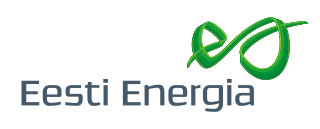
Eesti Energia AS is a private limited energy company in Estonia with its headquarters in Tallinn. It is the world's biggest oil shale to energy company. The company was founded in 1939. As of 2014, it operates in Estonia, Latvia, Lithuania, Finland, Jordan and Utah, United States. In Estonia the company operates under the name Eesti Energia, while using the brand name Enefit for international operations. The main raw material for energy production – oil shale – is extracted from mines located in Eastern-Estonia and owned by the company. The group of Eesti Energia has three main operation areas: electricity generation, shale oil production, and sale and distribution electricity. Its shares are owned by the Government of Estonia.

Nuclear power in Italy is a controversial topic. Italy started to produce nuclear energy in the early 1960s, but all plants were closed by 1990 following the Italian nuclear power referendum. As of 2018, Italy is one of only two countries, along with Lithuania, that completely phased out nuclear power for electricity generation after having operational reactors.

Nuclear power in Taiwan accounts for 5,028 MWe of capacity by means of 3 active plants and 6 reactors, which makes up around 8.1% of its national energy consumption, and 19% of its electricity generation as of 2015. The technology chosen for the reactors has been General Electric BWR technology for 2 plants and Westinghouse PWR technology for the Maanshan Nuclear Power Plant. Construction of the Lungmen Nuclear Power Plant using the ABWR design has encountered public opposition and a host of delays, and in April 2014 the government decided to suspend construction.
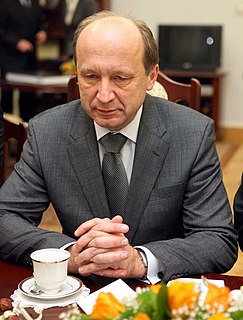
Parliamentary elections were held in Lithuania on 12 October 2008, with a second round on 26 October in the constituencies where no candidate won a majority in the first round of voting. All 141 seats in the Seimas were up for election; 71 in single-seat constituencies elected by majority vote and the remaining 70 in a nationwide constituency based on proportional representation. Together with the elections, a referendum on extending the operation of Ignalina Nuclear Power Plant was held.
LEO LT AB or Lithuanian Electricity Organization was a national energy holding company in Lithuania. The company owned shares of Lithuania's three major electric power production and distribution companies. It was established in early 2008 to raise funds for the construction of the planned Visaginas Nuclear Power Plant after close down of Ignalina Plant, and Lithuania–Sweden and Lithuania–Poland power connections. The decision to liquidate the company, mired in controversies and attacked by critics, was reached by the shareholder of LEO LT on 4 September 2009.

Visaginas Nuclear Power Plant is a planned nuclear power plant project in Lithuania. It was proposed to be built at the site of the closed Ignalina Nuclear Power Plant, which was shut down on 31 December 2009 in accordance with Lithuania's accession agreement to the European Union. The two reactors of the Ignalina plant are currently undergoing a decommissioning process.

A referendum on extending the operation of the Ignalina Nuclear Power Plant was held in Lithuania on 12 October 2008 alongside parliamentary elections. The country's government was obliged to close down Ignalina as part of its treaty of accession to the European Union.
Lithuania does not have any operational nuclear power reactor. It operated two RBMK reactors at Ignalina nuclear power plant which were shut down in 2004 and 2009.
In the 1980s, Poland had four Soviet VVER-440 reactors under construction, but the project was canceled in 1990. The Żarnowiec Nuclear Power Plant was cancelled due to strongly unfavorable public opinion, and the then-recent Chernobyl disaster.
NUKEM Technologies GmbH is a nuclear engineering and consulting company managing radioactive waste and spent fuel and decommissioning of nuclear facilities. The company is located in Alzenau, Germany. It was established in 2006 as a subsidiary of Nukem Energy. On 14 December 2009, Nukem Technologies was sold to Russian Atomstroyexport for €23.5 million.


